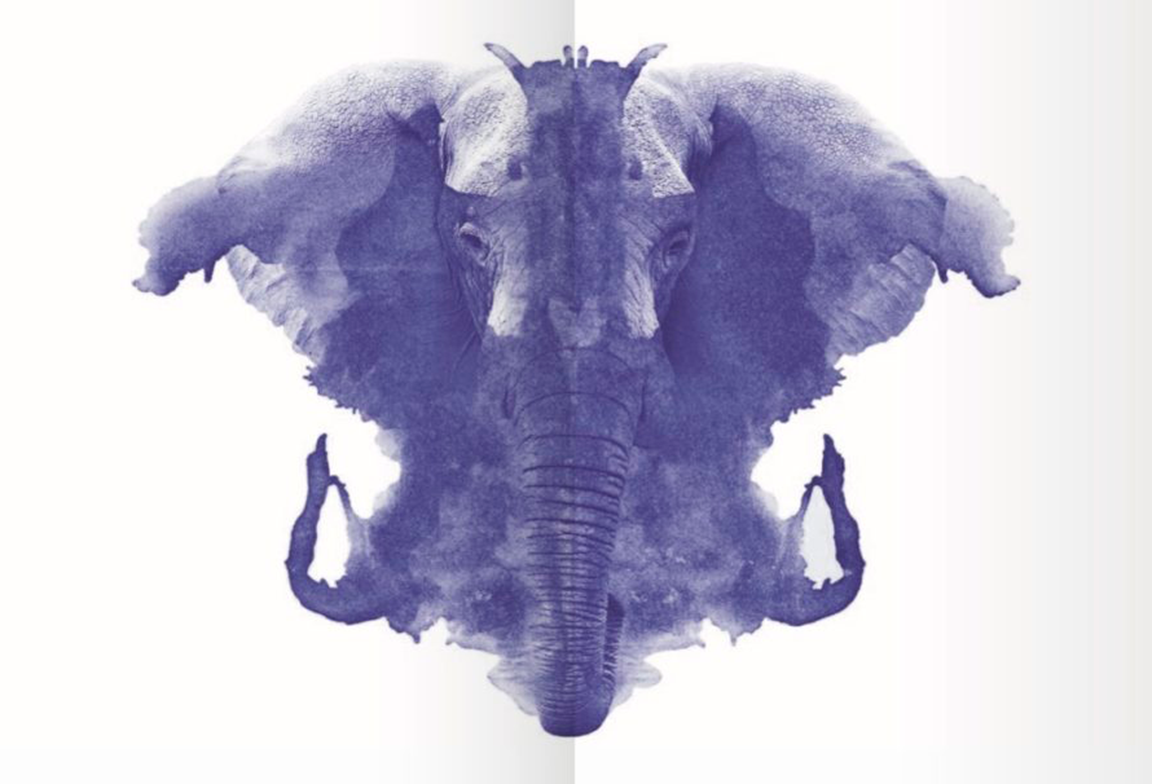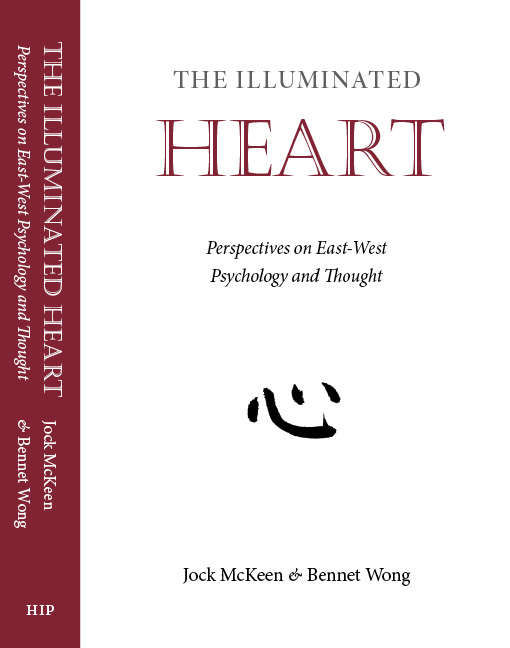The Elephant in the Brain
Wayne’s Zeitgeist series: The Elephant in the Brain: Hidden Motives in Everyday Life; I Will Not Die an Unlived Life, poetry by Dawna Markova; Medicine Music by Bobby McFerrin; and Mercy, a violin and piano piece by Max Richter.
Curated by Wayne Dodge. In the Zeitgeist series, Wayne wades through a world of publications, theories, music, poems and more, sharing his thoughts, discoveries and passions with particular reference to topics that touch The Haven.
We should often blush at our noblest deeds if the world were to see all their underlying motives. ~ Francois de La Rochefoucauld
Book
The Elephant in the Brain: Hidden Motives in Everyday Life
By Kevin Simler and Robin Hanson, Oxford University Press, 2018
The authors provide this summary: “Here is the thesis we’ll be exploring in this book: We, human beings, are a species that’s not only capable of acting on hidden motives – we’re designed to do so. Our brains are built to act in our self-interest while at the same time trying hard not to appear selfish in front of other people. And in order to throw them off the trail, our brains often keep us, our conscious minds, in the dark. The less we know of our own ugly motives, the easier it is to hide them from others.”
And, “Self-deception is therefore strategic, a ploy our brains use to look good while behaving badly.” (Pg. 4 – 5)
“Our thesis in plain English:
- People are judging us all the time … one of the important things they’re judging is our motives.
- Because others are judging us, we are eager to look good. So we emphasize our pretty motives and downplay our ugly ones.
- This applies not just to our words, but also to our thoughts, which may seem odd … our thought aren’t as private as we imagine.
- 4. Our sensitivity to when other’s motives might be selfish varies with the situation – often to our detriment.”
“We deceive ourselves the better to deceive others.” from Robert Trivers, The Folly of Fools: The Logic of Deceit and Self-Deception in Human Life, Basic Books (2011).
The authors, Kevin Simler and Robin Hanson – having stated their thesis so plainly – then proceed to examine the possible reasons we hide our motives in six chapters, followed by chapters on specific circumstances such as Body Language, Laughter, Conversation, Consumption, Art, Charity, Education, Medicine, Religion and Politics.
This area of research emphases for me the strength of the Haven Communication Model. No right/wrong; I can choose to disagree with you, but that does not make me right.
And I’m encouraged to maintain a curiosity about your position as well – just in case we’re working in areas of my shadow or blind-spot(s).
In addition, I openly invite your honest feedback (challenge my inner elephant).
Combine this with the 5A’s (when I’m noting that I’m in reaction – BAAAAA!) and I think one has a fabulous mahout (elephant tamer).
Order this and other titles at haven.ca/books
Poetry
I Will Not Die an Unlived Life
by Dawna Markova
I will not die an unlived life.
I will not live in fear
of falling or catching fire.
I choose to inhabit my days,
to allow my living to open me,
to make me less afraid, more accessible,
to loosen my heart
until it becomes a wing,
a torch, a promise.
I choose to risk my significance,
to live so that which came to me as seed
goes to the next as blossom,
and that which came to me as blossom,
goes on as fruit.
Dawna Markova is an author/poet/expert in Organizational Learning – and wonderfully open about her life’s journey – seeking more meaning in life after a life-threatening illness over 20 years ago.
Music
I’m always on the search for instrumental pieces – because in work there is so often the space in which words just won’t cut it.
Certainly my (and Gwen’s) all-time favourite is Bobby McFerrin’s Common Threads. Not only for it’s incredible power, but also for its range of uses – almost any or every mood (other than perhaps giggles) is echoed in this piece.
Common Threads from Medicine Music by Bobby McFerrin.
I have recently come across another that I think would be very useful.
Mercy, a violin/piano piece by Max Richter which was commissioned by the violinist Hilary Hahn as an encore. It is full of quiet sadness and longing – and I can easily see it being used for individual as well as group experiences.






